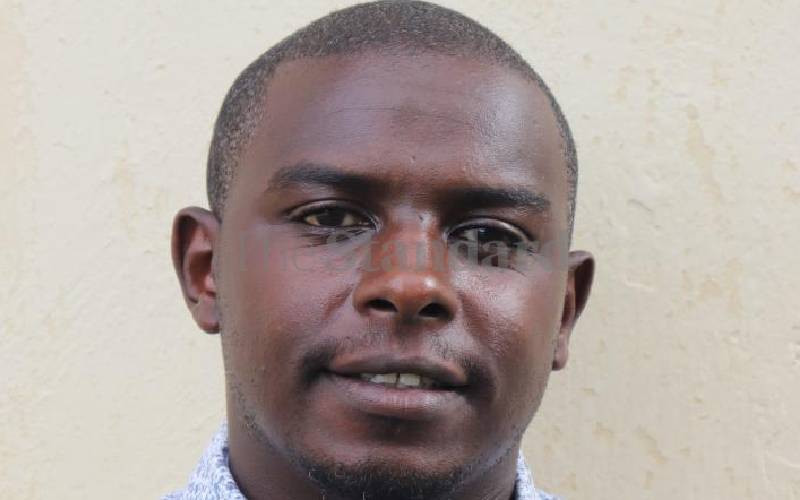×
The Standard e-Paper
Fearless, Trusted News

The "gold rush" over the years, especially in the western and Nyanza regions has seen residents risk death in pursuit of the precious metal, which experts say lies deep in the bowels of such areas.
Many of the prospectors are artisanal miners, driven to the mines by poverty, speculation and heady ambition of striking it rich someday in what is a back-breaking endeavour.